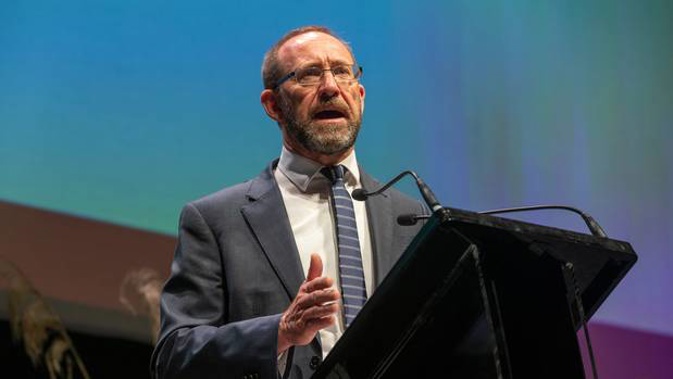
Protecting freedom of speech is vital to hold those in authority to account, challenge the socially and culturally dominant, and enable society to progress.
Freedom of speech can give force to new ideas, but also cause discomfort and offence. It is usually the first right to be lost under oppressive regimes, and among the first to be restored, at least in name, after revolutionary change.
The New Zealand Bill of Rights Act affirms our right to freedom of expression, including the right to impart and receive opinions of any kind. Protecting freedom of speech is crucial to our democracy and the ability of all citizens to participate meaningfully.
But in the immediate wake of the 15 March mosque attacks, many citizens from minority ethnic and religious communities told of how opinions and statements they routinely see on social media and other public platforms make them feel threatened, unwelcome and alienated.
Others have said these types of statements allow a climate to develop that is tolerant of harmful discriminatory expression.
A responsible government must consider these claims, and on a principled basis.
Consequently I have asked the Ministry of Justice to work with the Human Rights Commission to examine whether our laws properly balance the issues of freedom of speech and hate speech. The process should not be rushed, and I expect a report for public comment towards the end of the year.
The context for this stocktake is not just the horrific events in Christchurch, but also the history of free speech protection in New Zealand.
The reality is we already have laws to protect against what we call "hate speech", which are the Human Rights Act and the Harmful Digital Communications Act. These criminalise incitement of racial disharmony through written or verbal expression, and refusal to remove social media posts which are bullying or include humiliating intimate information about someone.
Is it right that we have sanctions against incitement of disharmony on racial grounds but not, for example, on grounds of religious faith?
And how could there be any limitations on free speech, in light of the government's obligation under the Bill of Rights Act to protect it?
Our Bill of Rights draws on worldwide traditions to uphold basic human rights. The law has a close family link to one of the founding documents of the United Nations, the Universal Declaration of Human Rights.
The Declaration upholds freedom of thought and religion and the right to hold opinions "without interference". But, forged in an international effort determined to eliminate the hatred and discrimination that drove that Second World War, it also called on us all to act towards one another in a spirit of "brotherhood", and affirmed the right of every person to be protected against discrimination.
It drew on the revolutionary charters of the Enlightenment, the United States and French constitutions. Both protected free speech, with the Americans emphasising the equality of all people and the French stating liberty is the freedom to do anything which doesn't harm others.
When speech threatens others, or is abusively discriminatory, then it has the potential to cause harm and encroach on the freedom of others.
As with the heritage that inspired it, our Bill of Rights recognises what it describes as justified limitations. It does so to ensure the exercise of a freedom by one person does not deny freedom to others.
Drawing the line is not simple. Protecting freedom of speech that challenges authority and orthodoxy will inevitably still cause offence to some.
But just being offensive or disagreeable does not necessarily make something harmful. Controversial issues in New Zealand, such as immigration policy or indigenous rights and reconciliation with the Treaty of Waitangi, will continue to be the subject of public debate. And so they should.
Protecting our crucially important right to freedom of speech, while testing whether the balance is right regarding "hate speech", needs a robust public discussion from all quarters. This way we will ensure that all of our citizens' rights are protected, and every person can express their humanity without fear.
-Andrew Little is the Minister of Justice in the Coalition Government.
Take your Radio, Podcasts and Music with you









